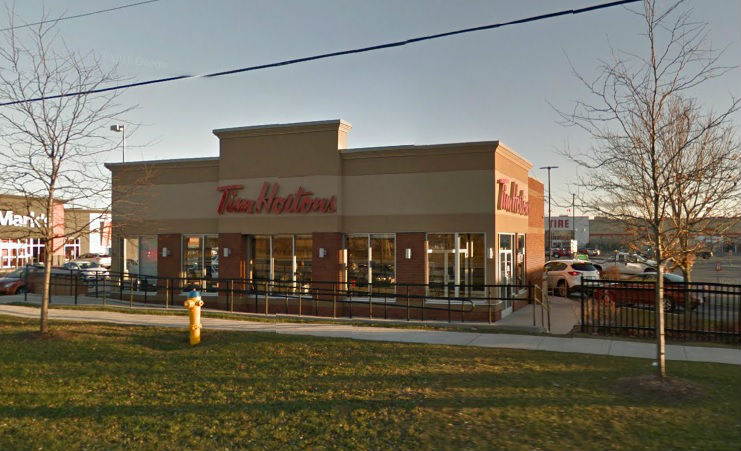Some employers are already taking controversial action in response to a controversial minimum wage increase

By Jeffrey R. Smith
The calendar has slid over into 2018 and Ontario’s new employment legislative amendments have come into effect, including a significant minimum wage increase, from $11.60 per hour to $14 per hour, with the wage scheduled to rise another dollar on Jan. 1, 2019. Special rates for workers such as liquor servers and students will remain different but will increase at the same rates. And, as some seem to think, the apocalypse is upon us.
When the minimum wage increases were announced, much of the business community railed against the decision, arguing such an increase would put many out of business or cause employers to cut staff or take other measures to cut rising costs. In the first week of the new minimum wage, it seems some Ontario employers are taking action already.
In a move that has been well-publicized – and the cause of a public scolding by Ontario Premier Kathleen Wynne – employees at a Tim Hortons franchise location owned by the company founder’s children were informed that they would no longer be paid for their breaks and their benefits were being cut – employees with more than five years of service now have to pay for half of their benefits and employees with less would have to pay 75 per cent. Previously, the franchise paid for all benefit for employees with five or more years of service. The franchise owners cited the minimum wage hike as the reason for the moves.
A day later, diner chain The Sunset Grill sent a memo to staff saying it was increasing the tip-out it took from serving staff tips to distribute to support staff from four per cent to five per cent, along with increasing menu prices. The reason given was rising labour costs from the minimum wage increase, but it effectively reduces the income of server staff to before the increase.
The actions by these employers are probably just the beginning, and give credence to the argument that increasing minimum wage by so much will do more harm than good, as jobs will be lost and employers will find other ways to reduce expenses. While employers have the right to do what they can to keep their businesses profitable, they should be cautious not to skirt employment standards rules.
While the minimum wage dictates the minimum amount employers can pay employees, there are no limitations on benefits. So the actions of the Tim Hortons franchise are legal and within its rights – regardless of the bad publicity and employee disenchantment it may cause. However, employers that consider such measures should ensure that certain benefits they’re thinking of reducing aren’t considered a fundamental part of the job or compensation to the point where a significant change could lead to claims of constructive dismissal.
As far as The Sunset Grill’s cost-saving solution, tipping out is a dangerous area. While collecting a part of employee tips to distribute to other employees who don’t normally receive tips is legal, collecting it and keeping it is not. If kitchen staff and others receive the extra one percent being skimmed off tips, there won’t be a legal problem. But if those staff don’t see the extra coin, then it opens up a can of worms – and probably more bad publicity for the company.
Ontario’s minimum wage increases have been controversial since they were first announced, and the first week of the initial hike in effect has shown that the controversy will continue. More employers will likely make some moves to try to offset the added labour costs of the new minimum wage reality, so it will be interesting to see how many put themselves into employment standards trouble.
Ontario Minister of Labour Kevin Flynn, in response to reports of this type of employer action, has already said the ministry is investigating illegal employer attempts to soften the minimum wage blow and that “this bullying behaviour won’t be tolerated.” Hold on, the ride’s just starting.




